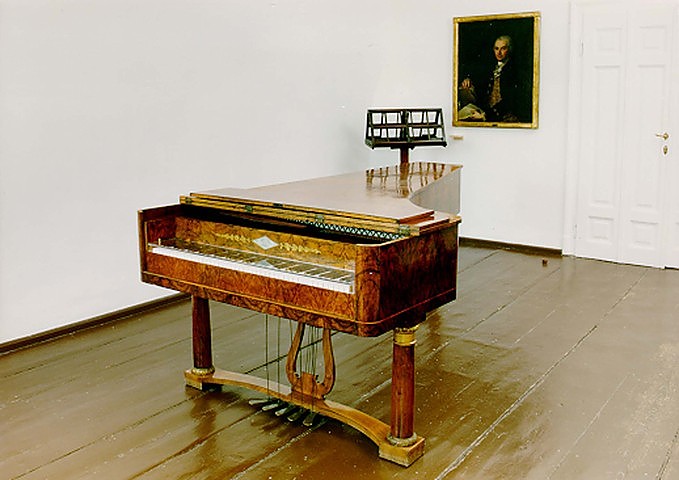It's great the Fazioli, I wrote about different makes few pages back.
I was just reading about pianos, since I neither play or consider myself an expert listener of piano music.
I know some of you guys here are piano connoisseurs, and I'm interested in your opinions on the importance of the instrument itself to the recording. I was just reading a great blog about the new-ish brand Fazioli, which has been lauded and criticized. It's an interesting read if you're into pianos. I'm not particularly, but as a very amateur acoustic guitarist with friends who are seriously into that instrument, I know the instrument can be a key component to the absolute sound of a recording, and a great player can sound even better with the right tool.
https://crosseyedpianist.com/2012/06/19/playing-a-fazioli/
Yes, uchi wrote me about diff pianos, a while back. Here is his unedited text, fyi. Hope that's ok.
----------------------------------------------------------------------------------------------
There's so much variability, depending on year of production, line etc. Balance, and tonalities can always be altered to a degree by technicians. All well made pianos, should be balanced.
Yamaha: lighter touch, mass produced, is similar to steinways except that they are just slightly inferior in every department. The concert grands are really good, but the jump up between the standard sized models and the concert grand is quite significant. the newer ones are quite a lot better than the previous models, with better 'ivory and ebony' like keys, touch and a singing tone. Easier to play in some ways than steinways due to the touch, and so you can play quieter more easily.
steinways: great in every department and starting from the smallest grands to the concert grands, it's all remarkable pieces of engineering. People tend to complain that sometimes they have a quite hard touch but this can always be modified by the technicians. Out of all the brands, they are the most consistent and easy to maintain over time. A 10 year old yamaha is going to be 70 or 80% of what the original was like, whereas the steinways have incredible longevity (rigid german engineering at its best). They are very sonorous, and have great tone in the lowest registers, which the yamahas often lack. Reminds me of a porsche.
Pleyels: they have gone out of production in 2013? Not sure. I have only played one or two ones made in the 80s and 90s. Really light touch, sounds very anemic compared to the sonority of pianos made by steinway/bosendorfer/yamaha but has a very delicate singing tone. Makes sense why chopin played them. Quite similar to Bechsteins.
Bosendorfer: I have only been to one showroom briefly. I think their glory years have long gone by. Seem to follow the old piano traditions. Lighter touch, not as good as modern day top of the line yamahas and steinways. The full size grand has some extra keys in the lowest registers, which I think is more a gimmick than anything, as you don't ever really use it. The ones I played sounded 'thinner' than modern day steinways and yamahas.
Faziolis: In a league of their own. They have patented technologies when it comes to using pyramidal supports for the strings, which increases resonance. So from the smaller sized pianos to the largest, they sound more sonorous than their rivals. Incredibly beautiful touch, so even, light and smooth from bottom to top. Their high registers sing like no piano I have ever heard. Their concert grand is the largest in the world at 3.08m and has a fourth pedal for 'softening' the sound without altering its timbre. The only problem with them is that they are quite temperamental and is very difficult to keep in tip top condition unlike the germans. It's also easy to play super super quietly or super loudly due to the touch, but it's also easy to hit a lot of wrong notes due to how responsive the action is. (Steinways still have better lower register voicing.)
Given the choice, I would go with fazioli, steinway, and yamaha to perform
but to own, it would have to be the steinway






























